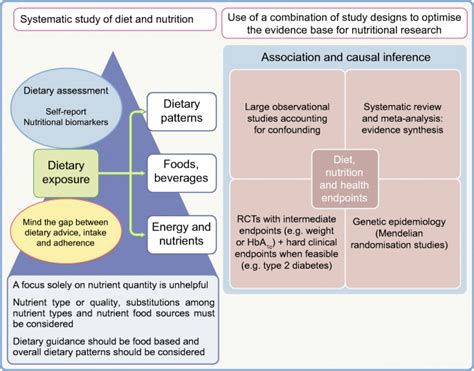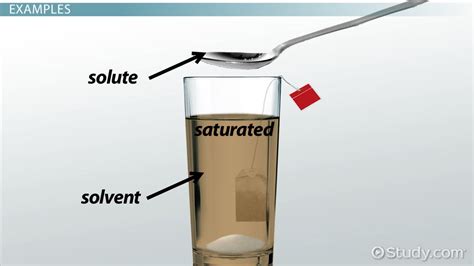Dietary fats: Which types optimize testosterone & performance?

The Critical Role of Dietary Fats in Health and Performance
Dietary fats often get a bad rap, yet they are essential macronutrients vital for numerous bodily functions. Far from being just an energy source, fats play a pivotal role in hormone production, nutrient absorption, and maintaining cellular integrity. For individuals focused on optimizing testosterone levels and enhancing athletic performance, understanding the nuances of different fat types is not just beneficial, but crucial.
Your body, particularly your endocrine system, relies on specific fats to synthesize hormones, including testosterone. Beyond hormones, adequate fat intake supports joint health, reduces inflammation, and provides sustained energy, all of which directly impact performance and recovery.

Saturated Fats: Friend or Foe for Testosterone?
For years, saturated fats were demonized, but modern science offers a more nuanced perspective. Found in foods like red meat, butter, and coconut oil, saturated fats provide the raw material (cholesterol) from which testosterone is synthesized. Studies have shown that diets very low in saturated fat can be detrimental to testosterone production.
However, quality and moderation are key. While some saturated fat is necessary, an excessive intake, particularly from highly processed sources, can negatively impact cardiovascular health and overall well-being. Opt for high-quality, natural sources and integrate them thoughtfully into a balanced diet.

Monounsaturated Fats (MUFAs): The Testosterone Champions
Monounsaturated fats are often hailed as some of the healthiest fats, and for good reason. Found abundantly in olive oil, avocados, nuts (almonds, pecans), and seeds, MUFAs have consistently been linked to higher testosterone levels and improved cardiovascular health.
These fats contribute to reduced inflammation, improved insulin sensitivity, and better cholesterol profiles, all of which create an optimal environment for hormone production. Including generous amounts of MUFAs in your diet can be a powerful strategy for supporting both your hormonal balance and athletic endeavors.
Polyunsaturated Fats (PUFAs): A Balancing Act
Polyunsaturated fats include the essential omega-3 and omega-6 fatty acids, which the body cannot produce on its own. While both are necessary, their ratio is critical. Omega-3s, found in fatty fish (salmon, mackerel), flaxseeds, and walnuts, are powerful anti-inflammatory agents that support recovery, brain health, and can positively influence testosterone.
Omega-6s, prevalent in vegetable oils (corn, soybean, sunflower), are also essential, but excessive intake relative to omega-3s can promote inflammation. Maintaining a healthy omega-3 to omega-6 ratio (ideally closer to 1:1 to 1:4) is crucial for overall health, performance, and potentially for optimal testosterone.

Optimizing Your Fat Intake for Peak Performance & Hormones
To truly optimize your testosterone and performance, a strategic approach to dietary fats is essential:
- Prioritize MUFAs and Omega-3s: Make olive oil, avocados, nuts, seeds, and fatty fish staples in your diet.
- Moderate Saturated Fats: Include moderate amounts from high-quality sources like grass-fed meat, eggs, and organic butter. Avoid trans fats entirely.
- Balance Omega-3s and Omega-6s: Reduce intake of highly processed foods and seed oils rich in omega-6s, and increase omega-3-rich foods or consider a fish oil supplement.
- Total Fat Intake: Aim for approximately 20-30% of your total daily calories from fat, adjusting based on individual needs and activity levels. Too low fat intake can be detrimental to hormone production.
For example, a meal might include grilled salmon (omega-3s) with a generous drizzle of olive oil (MUFAs) on a salad, alongside a lean cut of steak (moderate saturated fat) occasionally.

Key Takeaways for Hormonal Health and Performance
Dietary fats are not the enemy; they are vital allies in your quest for optimal testosterone and peak athletic performance. By strategically choosing and balancing the types of fats in your diet, you can support your body’s natural hormone production, reduce inflammation, enhance recovery, and fuel your performance goals effectively. Focus on quality sources and a diverse intake to reap the full spectrum of benefits.









